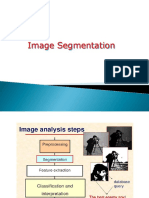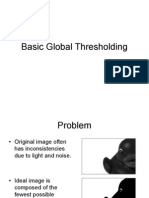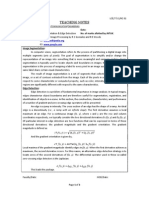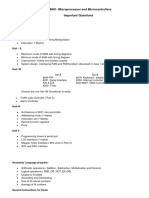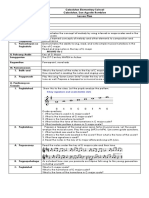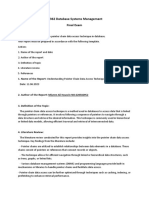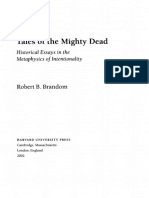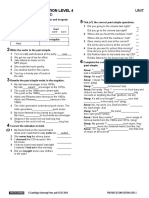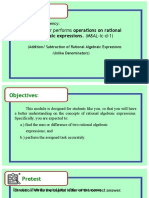0% found this document useful (0 votes)
31 views30 pagesImage Segmentation
Uploaded by
DK drift kingCopyright
© © All Rights Reserved
We take content rights seriously. If you suspect this is your content, claim it here.
Available Formats
Download as PPT, PDF, TXT or read online on Scribd
0% found this document useful (0 votes)
31 views30 pagesImage Segmentation
Uploaded by
DK drift kingCopyright
© © All Rights Reserved
We take content rights seriously. If you suspect this is your content, claim it here.
Available Formats
Download as PPT, PDF, TXT or read online on Scribd
/ 30













